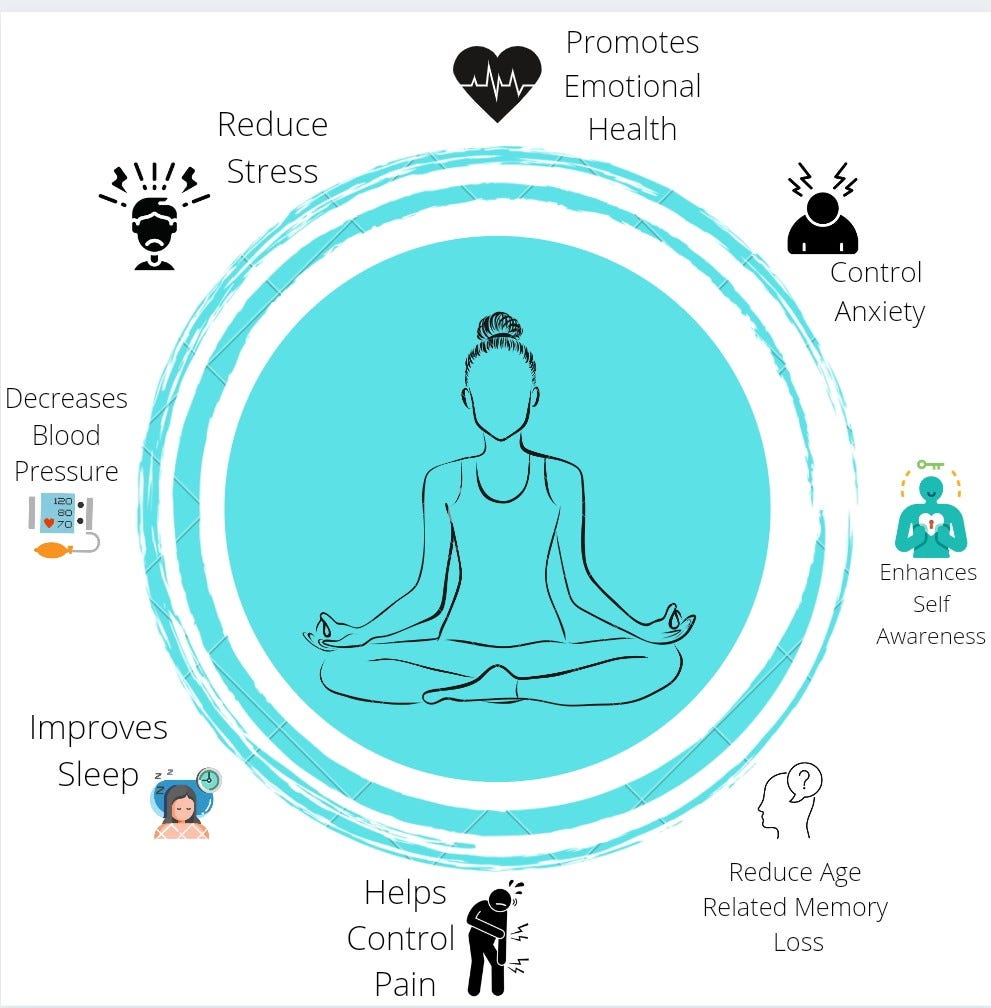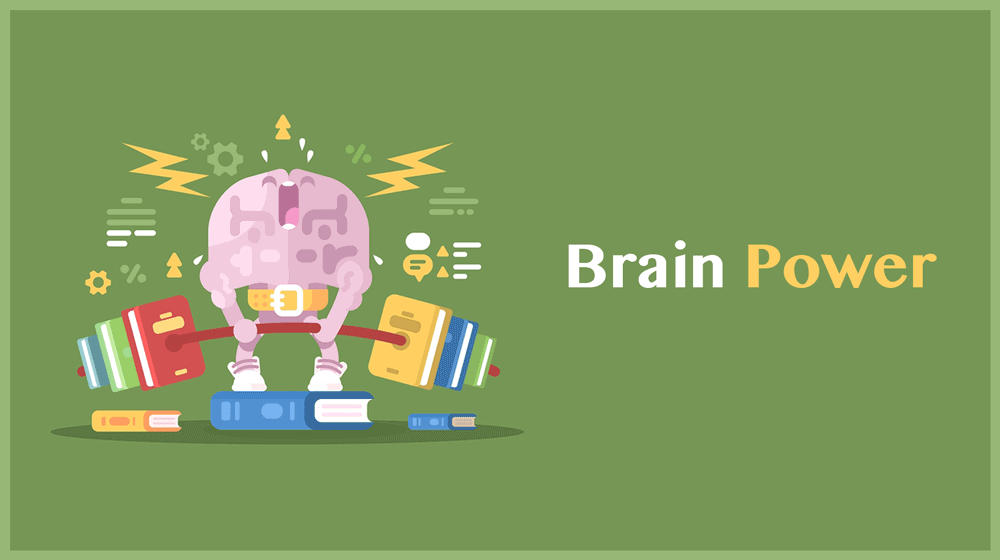Meditation and creativity go hand in hand. Explore how mindfulness practices can ignite your imagination, enhance focus, and unleash your creative potential. Discover the profound connection between inner stillness and innovative thinking.
In the fast-paced and demanding world we live in, creativity and problem-solving are essential skills for success and fulfillment. Yet, with constant distractions and stress, it can be challenging to tap into our innate creativity and find innovative solutions to the challenges we face. This is where meditation comes into play, offering a powerful tool to unleash creativity and enhance problem-solving skills. In this blog, we will explore the fascinating connection between meditation and creativity, understanding how this ancient practice can unlock the doors to imagination and ingenuity.

The Creative Mind: Understanding the Process
Before delving into the relationship between meditation and creativity, let’s briefly explore what creativity is and how it works. Creativity is the ability to generate original and valuable ideas, whether in art, science, business, or everyday life. It involves divergent thinking, which is the capacity to see multiple perspectives and possibilities.
The creative process is often described as having two phases: divergent thinking and convergent thinking. In the divergent thinking phase, the mind opens up, exploring numerous ideas and connections. In contrast, convergent thinking involves analyzing and evaluating these ideas to arrive at the best solution.
While creativity has been traditionally associated with specific brain regions, it is now understood to be a distributed and complex process involving various brain networks. The default mode network (DMN) and the executive control network (ECN) are two crucial networks involved in creative thinking.
The Role of Meditation in Fostering Creativity
Meditation, with its roots in ancient traditions like Buddhism and mindfulness practices, has gained tremendous popularity in recent years due to its numerous mental and physical health benefits. Beyond its well-known stress-reducing effects, meditation has been shown to play a pivotal role in boosting creativity and enhancing problem-solving skills.
1. Quieting the Mental Chatter:
One of the primary hindrances to creativity is the constant stream of thoughts and mental chatter that fills our minds. Meditation helps quieten this noise, creating space for new ideas and insights to emerge. By calming the mind and reducing cognitive clutter, individuals can access the deeper layers of their consciousness where creativity thrives.
2. Enhancing Divergent Thinking:
Meditation encourages a non-judgmental and non-evaluative mindset, promoting free-flowing thoughts and ideas. This allows individuals to explore a wide range of possibilities without the fear of criticism or failure, fostering divergent thinking—the critical first step in the creative process.
3. Expanding Awareness and Perception:
Mindfulness meditation, in particular, heightens awareness of the present moment and sharpens perception. This heightened sense of awareness enables individuals to notice previously overlooked details and connections, fueling creativity by drawing inspiration from the world around them.
4. Accessing the Subconscious Mind:
Creativity often emerges from the subconscious mind, where novel associations and ideas are formed. Through meditation, individuals can tap into their subconscious and access deeper layers of creativity that may have remained hidden during the hustle and bustle of daily life.
5. Stress Reduction:
Chronic stress is a creativity killer. It hampers cognitive flexibility and narrows focus, limiting the ability to see the bigger picture. Meditation’s stress-reducing effects not only improve overall well-being but also liberate the mind to explore creative solutions.
Meditation Techniques to Boost Creativity
Several meditation techniques can specifically enhance creativity and problem-solving skills. Some of the most effective ones include
- Mindfulness Meditation:
This practice involves observing thoughts, emotions, and sensations without judgment while maintaining focus on the present moment. It cultivates an open and accepting attitude toward one’s creative ideas, encouraging a greater flow of imaginative thinking.
2. Loving-Kindness Meditation:
By fostering compassion for oneself and others, loving-kindness meditation creates an environment of psychological safety, reducing the fear of failure and encouraging creative risk-taking.
3. Visualization Meditation:
This technique involves mentally picturing and experiencing creative solutions, scenarios, or artistic endeavors, reinforcing the neural pathways associated with creativity.

Conclusion for meditation and creativity
In conclusion, meditation serves as a powerful catalyst for creativity and problem-solving. By quieting the mind, expanding awareness, and fostering an open and non-judgmental attitude, meditation unlocks the doors to imagination and innovation. Moreover, the stress-reducing effects of meditation create an optimal mental environment for creative thinking to flourish. To tap into the full potential of our creative minds, incorporating regular meditation practice into our daily lives can be a transformative step toward unleashing our creative genius.
So, the next time you find yourself facing a creative block or a complex problem, take a moment to meditate and witness the magic of a tranquil mind awakening boundless creativity within you.
